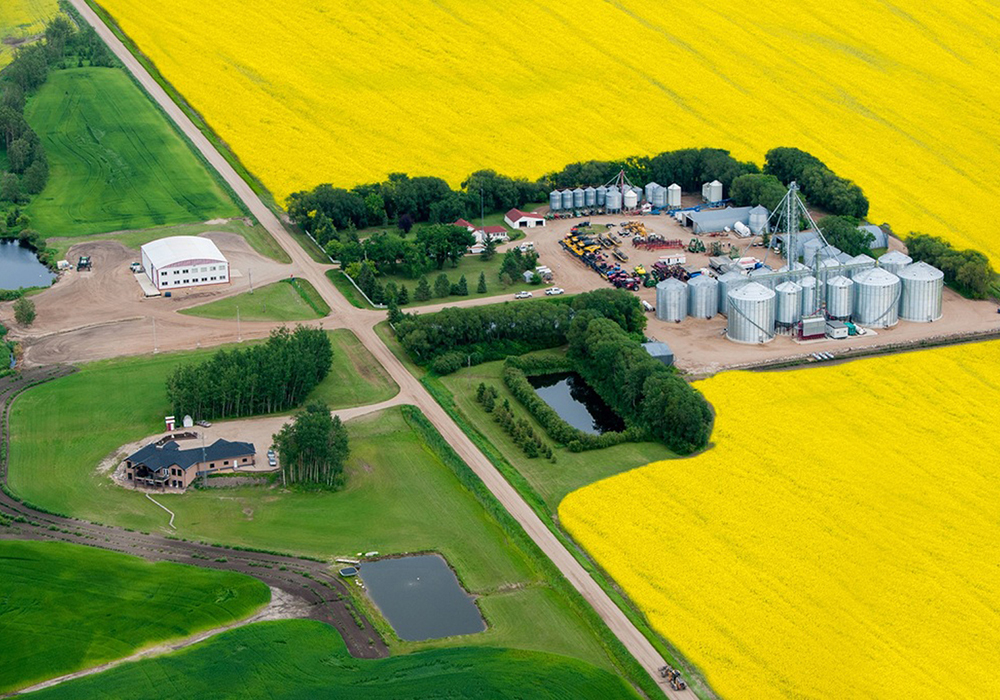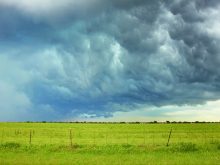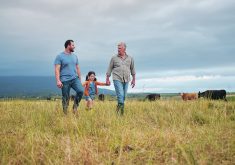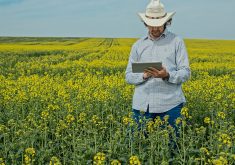I can’t remember the last time I talked to a farm family where the plan for the retiring generation was to sell the complete farm to one or more of their children and then use the proceeds to retire.
Often, the sale was to one child because there was only one who wanted to farm. Where the farm was multi-generational, this form of transition had happened previously.
In those situations, the farm was recapitalized in the transition, having to pay for itself again and again. Wealth was slow to accumulate in farm families. Profit margins were historically very small and with that, land values did not generally increase at a remarkable rate. Because of that, in part, farms did not markedly increase in size.
Read Also

Budget seen as fairly solid, but worrying cracks appear
The reaction from the agriculture industry to prime minister Mark Carney’s first budget handed down November 4th has been largely positive.
That was then and this is now.
Farms have been profitable over the past 15 years with margins being much more favourable. At the risk of trying to over-simplify something, the cash flowing from profits on farms, over time, has to go somewhere.
It can be stripped out or left in the businesses. When left in the businesses, it gets reinvested or capitalized into land and equipment.
As a result, land values have increased, in some areas at an incredible rate. They’ve increased to a point where land purchases are not self-sustaining, meaning that the land being purchased cannot generate enough profit by itself to make the associated principal and interest payments on the debt incurred in making the purchase.
The combination of sustained margins of profit and increases in land values has contributed to an accumulation of wealth in western Canadian farms to an extent not previously experienced.
This relatively recent phenomenon has existed in southern Ontario for years and in Europe for generations.
Farmers in Europe, where growth was constrained by government regulations and/or land availability due to urban encroachment and exorbitant land values, looked to emigrate to other countries including Canada. They could use the wealth they had accrued over multiple generations to take advantage of opportunities to farm where land values were much, much lower.
Similarly, farms in southern Ontario facing the same constraints looked for opportunities in other areas where land values were lower. There are situations where Lower Mainland farms in British Columbia have moved east to the Prairies and even where Alberta farms in highly competitive areas are relocating to Saskatchewan and Manitoba.
What does all this mean?
For western Canadian farm families, in relative terms, wealth is substantively accumulating for the first time ever.
I recently had a meeting with a farm family. The discussion about wealth accumulation came up. Their records show that their net worth has doubled twice in the past 10 years. It more than doubled in the 10 years before that.
Is this sustainable? The family said there’s no way it can double again in the next 10 years. And certainly, no one knows if it will or it won’t. I suggested, though, that’s what they would likely have said five years ago, and they wholeheartedly agreed.
I strongly suspect that similar discussions over generations in other areas wouldn’t have thought it possible either.
I’m sure that, if given the choice between having increasing levels of wealth in their families as opposed to marginal levels of wealth, farm families would choose the former. There are advantages and disadvantages to consider.
The disadvantages associated with accumulating wealth due to appreciating land values include:
- How to acquire land at arm’s length to support growth, perhaps needed for future generations to be able to farm.
- How to manage fair estate distribution between farming and non-farming children in the immediate next generation and beyond to future generations (consider European or southern Ontario farm families).
- How to manage tax consequences when the land is sold arm’s length or transferred at non-arm’s length.
The advantages are pretty simple. Greater wealth can be used strategically to:
- Capture opportunities that may become available to the farm.
- Capture opportunities within the family that may not be associated with the farm.
- Support non-farming children with interests other than farming.
One way to gain some understanding of what all this means is to model financial performance forward for 20 years, which is often considered to be a generational time frame.
If your farm was to have $10 million of assets and $5 million of debt starting in 2022, it would then have $5 million of equity. The debt-to-equity relationship is 1 to 1, a dollar of debt for every dollar of equity.
If the farm were to make $500,000 every year for 20 years and the same ratio of debt to equity were to exist, the balance sheet in 2042 would have assets of $31.05 million and debt of $16.05 million. Equity would be $15 million.
Debt is now greater than equity, but marginally. If the same 1 to 1 ratio were to exist in 20 years, the farm would have to generate wider profit margins.
That value of equity does not include any future land appreciation. On the other hand, inflation has not been factored into the simple model either.
Modeling is a great tool to use when trying to gain a better understanding of the future implications of decisions made today. It won’t make decisions for you, but it will create context for decisions made along the way.
Terry Betker, PAg, is a farm management consultant based in Winnipeg. He can be reached at 204-782-8200 or terry.betker@backswath.com.















